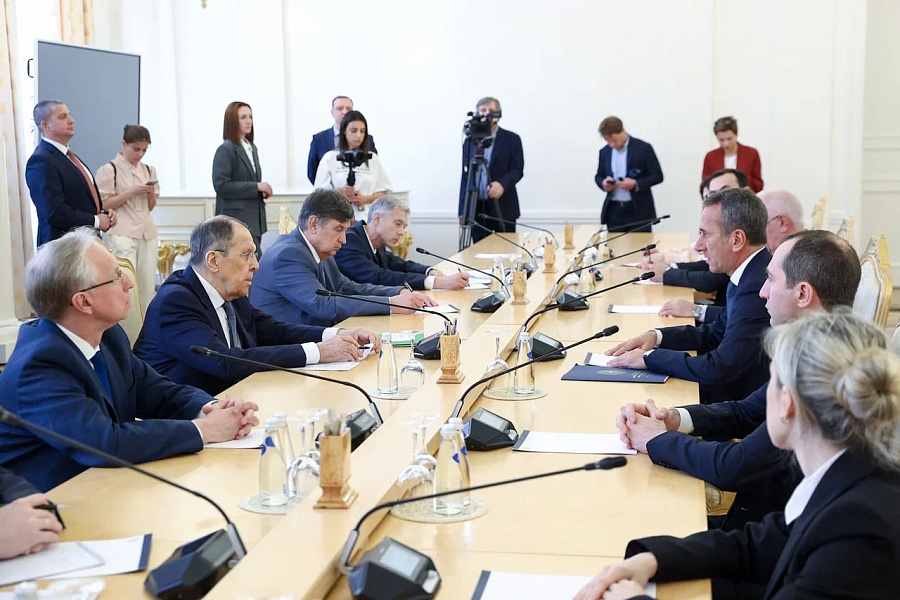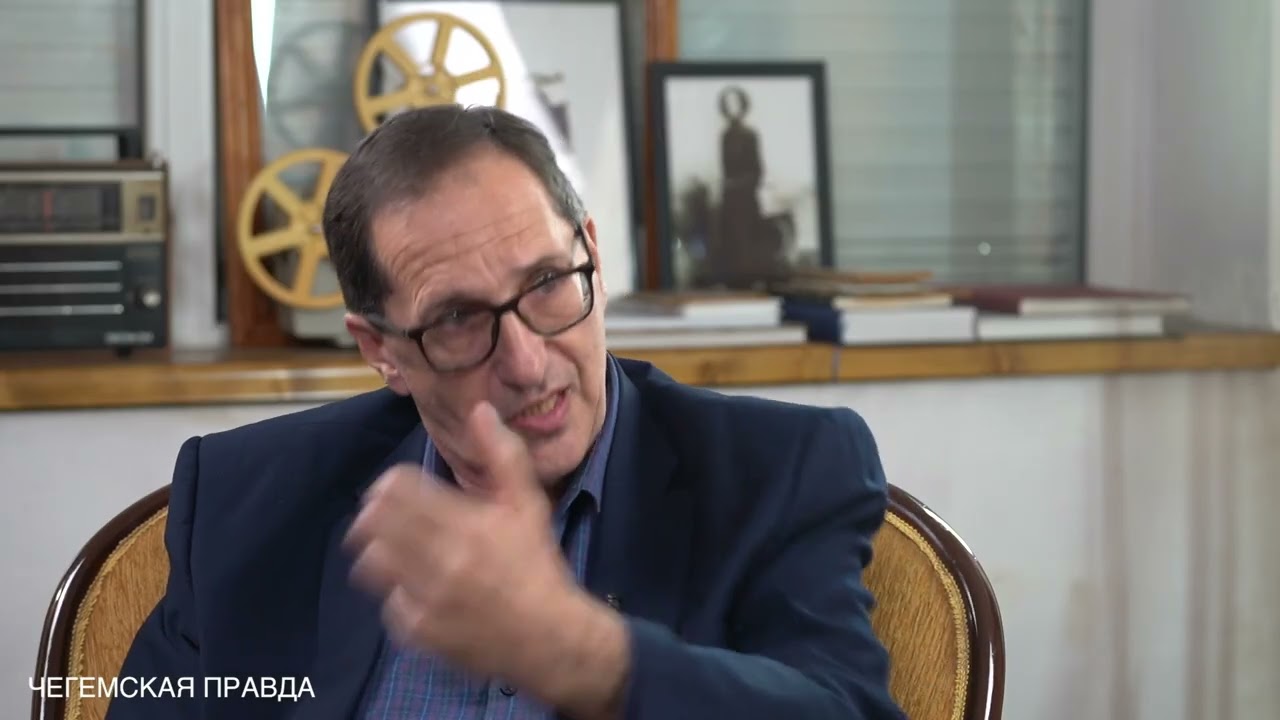Bzhania’s problem with Russia
It appears that the note from the Russian Foreign Ministry expressing Moscow’s disagreement with how the Abkhazian authorities formalized the deal for the state dacha in Pitsunda has created an insurmountable problem for Abkhazian president Aslan Bzhania.
Bzhania spent two years pushing the issue of transferring the former state dacha in Pitsunda into the ownership of Russia‘s Federal Security Service (FSB). But now it turns out that all this effort was in vain.
Moscow was unhappy because, in ratifying this agreement, the Abkhazian parliament added a separate constitutional law according to which the state dacha cannot be transferred to third parties in the future. This means that only the FSB itself can be the owner of these 180 hectares and the adjacent Black Sea waters. The dacha cannot be transferred to another organization or sold to any oligarch; otherwise, the deal will be automatically terminated.
Now Moscow is demanding that Bzhania lift the restrictions. That is, to repeal the constitutional law. Theoretically, this could be done in two ways: through the parliament or the Constitutional Court.
Despite the parliamentary majority being Bzhania’s supporters, the parliament is unlikely to revise its decision that was made with such difficulty.
Parliament speaker Lasha Ashuba has already preempted this and dismissed reports that they are discussing this topic as misinformation:
“The media reports that some deputies, along with the speaker, are discussing the rollback of norms adopted as part of the ratification of the agreement on the transfer of the ‘Pitsunda’ state dacha do not correspond to reality and are misinformation.
The deputies remain in the same positions that were adopted by them before the ratification of this agreement. We believe that these positions are in the interests of the people of Abkhazia and do not violate either the concept of the agreement itself, the events that should take place at this state dacha, or the goals of the agreement,” Ashuba stated.
Meanwhile, the press service of the Constitutional Court’s office reported that “no applications have been received from either the president of Abkhazia or any other state authority regarding the repeal of the constitutional law concerning the Pitsunda state dacha.”
Although some opposition Telegram channels are reporting that Bzhania has sought assistance from the Constitutional Court, four out of five judges have opposed deeming the constitutional law prohibiting the transfer of the state dacha to third parties as illegal.
As a result, there appears to be no legal way to meet Moscow’s demands. This situation severely undermines Aslan Bzhania’s position. He promised the Kremlin he would resolve the issue, but he failed to do so. With only one year left until the next presidential elections in Abkhazia, Bzhania risks losing his only trump card – the status of “Moscow’s most loyal ally.” After all, Moscow is likely to question the necessity of an ally who cannot solve problems.


